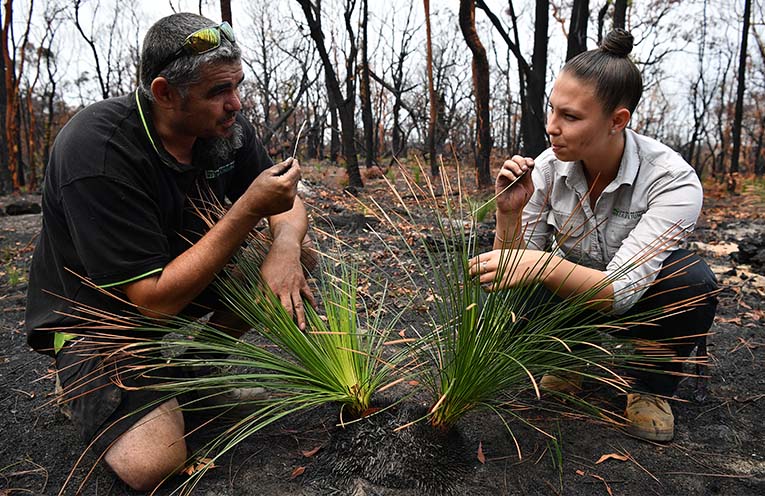
INDIGENOUS knowledge and ties to land that have survived despite colonisation will be key to supporting fundamental shifts that reverse the destruction of nature, a global summit has been told.
The three-day event began in Sydney on Tuesday to explore effective ways to address biodiversity loss while offering a local show of commitment towards goals adopted during 2022’s United Nations Biodiversity Conference.
 Advertise with News of The Area today.
Advertise with News of The Area today.It’s worth it for your business.
Message us.
Phone us – (02) 4981 8882.
Email us – media@newsofthearea.com.au
The Global Nature Positive Summit has summoned delegates to focus on investment in nature repair, but not everyone is optimistic for results.
Mavis Mullins, chair of the New Zealand government’s Ngā Whenua Rāhui fund, which is aimed at preserving traditional knowledge and biodiversity management, said money was important but profits could not come at any cost.
She called for a 100-year plan to achieve intergenerational environmental ambitions that might involve taking a step back.
“We need to humble ourselves to nature or nature will humble us and that won’t be much fun,” she said.
International Funders for Indigenous Peoples regional manager Leah Armstrong said capital distribution needed to be rebalanced.
Funding for Indigenous-led work was only a small portion of the global total and trickled through government and development agencies on its way, she said.
“There’s a great deal of goodwill in our communities and in our countries… but how do we turn that goodwill into tangible outcomes and actions,” Ms Armstrong said.
Federal Environment Minister Tanya Plibersek acknowledged Indigenous people had a deep connection with their lands and waters, which had been maintained despite colonisation.
The government was establishing a dozen Aboriginal protected areas, together equivalent in size to Tasmania, and working to double the number of Indigenous rangers, she said.
Previously entrenched systems had adapted to society’s needs as values changed and it could happen again to halt biodiversity loss if people worked together, Ms Plibersek added.
But that required forming coalitions with unlikely allies and persuading people who needed convincing, instead of demonising them, she said.
The minister did not mention fossil fuels in her address, but some outside the summit characterised it as an exercise in “greenwashing” in the context of recent approvals for coal and gas projects.
A few dozen rallied outside the event.
“Hosting a nature positive summit whilst approving new coal and gas projects that accelerate climate change and devastate water resources is hypocritical and shameless,” activist group GetUp’s chief executive Larissa Baldwin-Roberts said.
The Australia Institute think tank took out full-page newspaper advertisements on Tuesday lambasting the government’s record, while Greens senator Sarah Hanson-Young branded the summit a “flop”.
“The government has caved to polluters and loggers instead of protecting the environment as they promised,” she said.
Australian Climate and Biodiversity Foundation chair Ken Henry said governments could be more ambitious with their goals.
“But I don’t have to get elected,” the former treasury secretary acknowledged during a panel on transforming economies.
Still, governments needed to look beyond simple responses to the perceived needs of current voters to ensure future generations prosper, he said.
“Our industrialising modes of development have amounted… to extracting economic and social progress from nature,” Dr Henry said.
By Jack GRAMENZ, AAP
